
Fortune News | Jan 19,2019
Apr 26 , 2019
By BERHANE HAILEMARIAM ( FORTUNE STAFF WRITER )
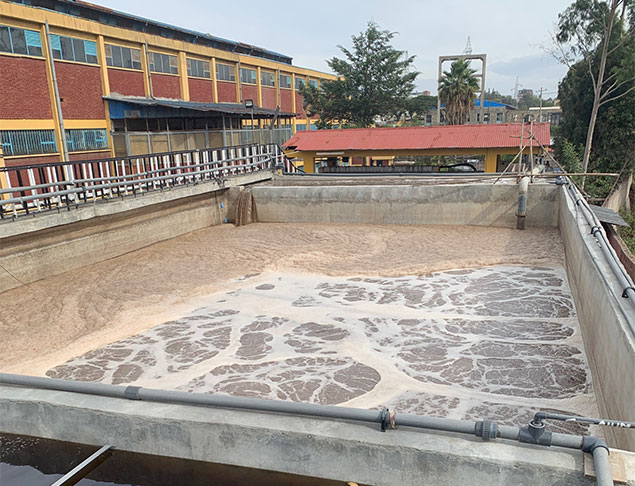 Another three tanneries are also in the process of installing wastewater treatment plants.
Another three tanneries are also in the process of installing wastewater treatment plants. Four tanneries operating in the capital completed the construction of secondary water treatment plants in a bid to bring their discharged effluent up to an environmentally acceptable level.
Another three tanneries are also in the process of installing wastewater treatment plants.
Abyssinia, Awash, Batu and New Wing tanneries are those that have begun treating water through a secondary process. Dire Tannery also built a secondary water treatment plant but failed to meet the city’s Environmental Protection & Green Development Commission’s requirements.
Addis Abeba Tannery is in the piloting stage of such a treatment plant, while Walia Tannery is undergoing construction of its treatment facility.
The Commission warned the seven tanneries to construct secondary water treatment plants within six months last year. The time limit was later extended after the Commission considered challenges such as foreign currency shortages for importing machines and inputs.
Before this, all the tanneries had primary water treatment plants that filter and treat hazardous chemicals and heavy elements before discharge into rivers.
The secondary wastewater treatment plants operate using microorganisms, primarily bacteria, to further clean the discharge. The microorganisms convert biodegradable organic matter contained in wastewater into substances that are safe for the environment, according to Tatek Yirga, president of the Ethiopian Leather Industries Association and owner of Batu Tannery.
The Leather Industries Association has 70 tanneries, footwear, leather garments and goods producers operating in the country as members. About a third of these are tanneries.
“The new treatment plants cost every one of us between 20 million Br to 30 million Br,” said Tatek, who adds that civil work, installation of machinery and piloting took his tannery six months.
Secondary treatment plants were not only required of these seven companies. Recently, four tanneries located in Modjo were suspended by the Oromia Environment, Forest & Climate Authority until they built such plants. The suspension came following environmental compliance inspections by federal and regional environmental authorities.
Secondary wastewater treatment plants have become one of the chief requirements buyers in export markets look for, according to Haile Kiros, a department director at the Livestock Industries Development Institute, detailing why the government is expressing interest in this matter.
The industry's insiders stress that lack of quality in the sector is heavily affecting the sector’s potential.
Ethiopia has earned 134 million dollars from leather and leather products, less than half of the target set forward by the second edition of the Growth & Transformation Plan (GTP II). In the first half of the current fiscal year, Ethiopia exported 1,766tn of finished leather products, earning 33.8 million dollars. Last fiscal year, 76 million dollars were earned from finished leather products.
Zinabu Gebremariam (Prof.), senior researcher of environment and founding president of Hawassa University, lauds the adoption of secondary treatment plants but stresses that a stringent system has to be in place to monitor the discharge to the environment consistently.
“While we are good at adopting technology, we usually fail at persistently following the procedures,” he said.
PUBLISHED ON
Apr 26,2019 [ VOL
20 , NO
991]

Fortune News | Jan 19,2019

Fortune News | Jan 30,2021
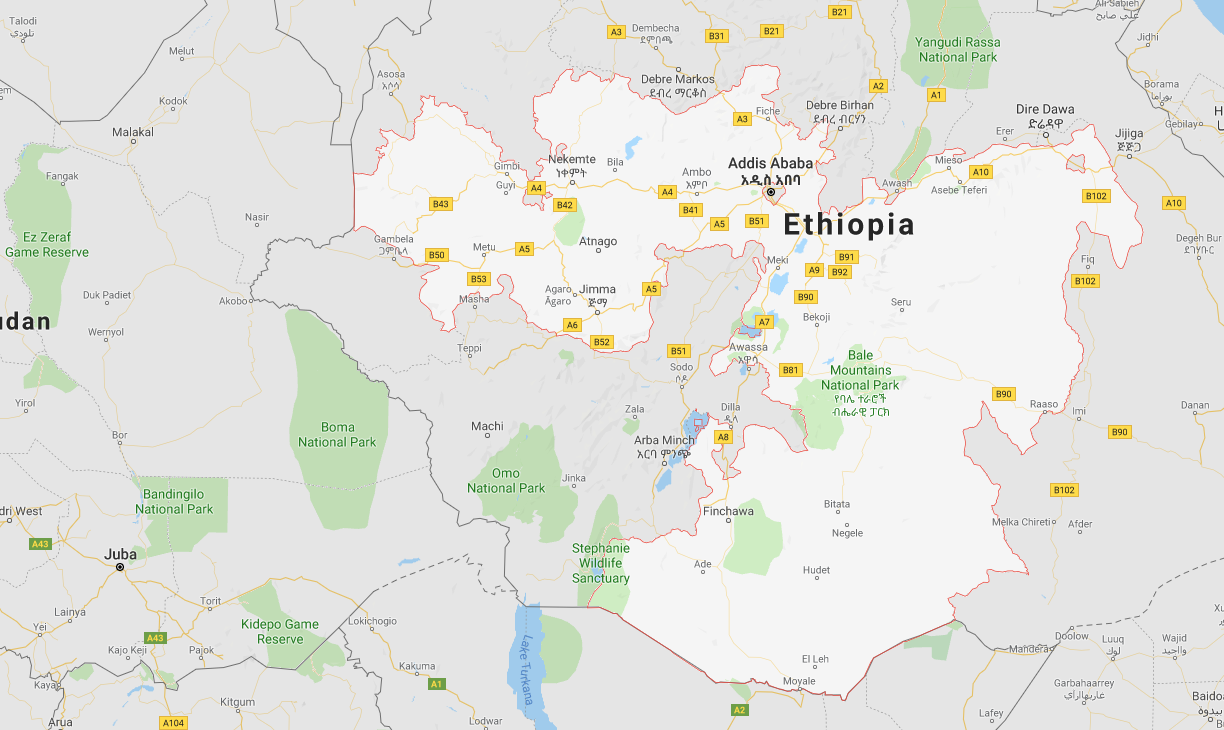
Fortune News | Oct 19,2019
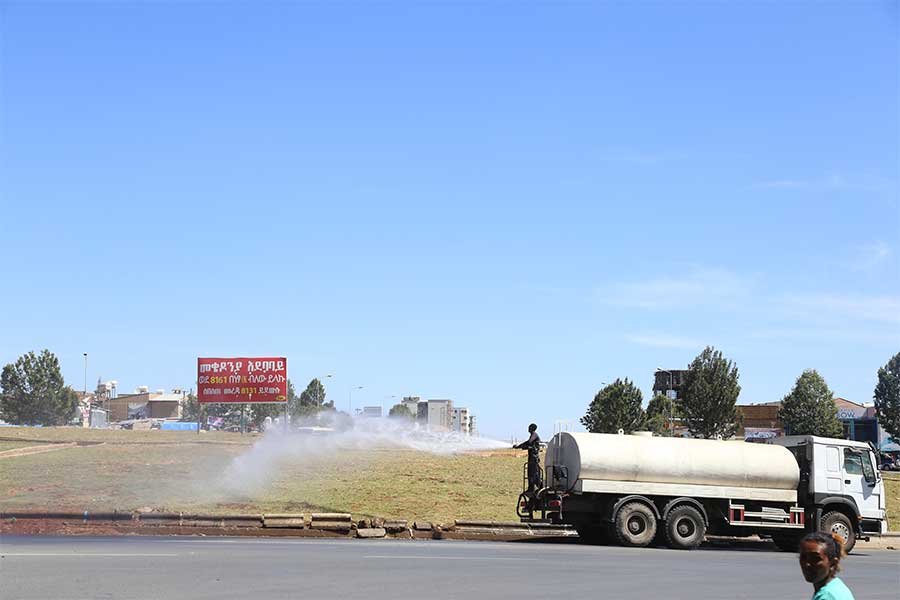
Radar | Jan 11,2020

Viewpoints | Feb 25,2023
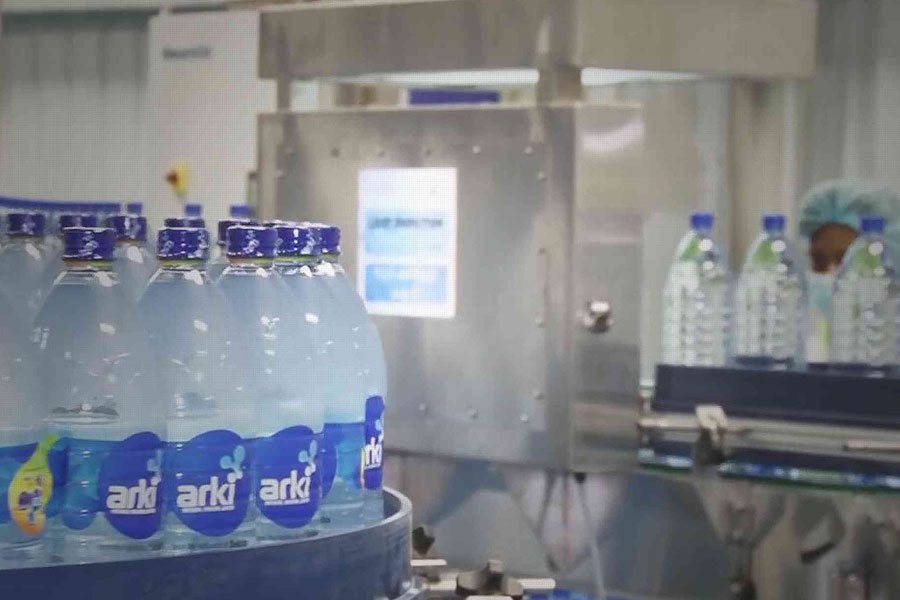
Fortune News | Aug 11,2024

Radar | Nov 14,2020
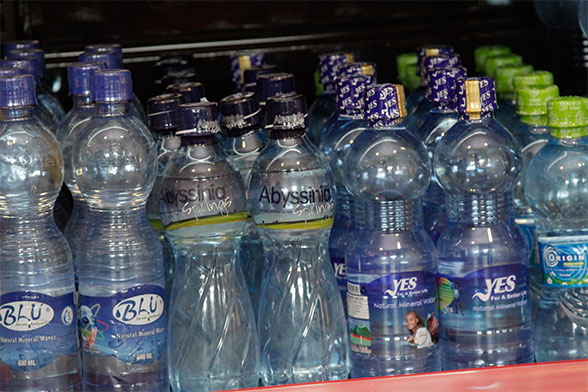
Fortune News | Jul 20,2019
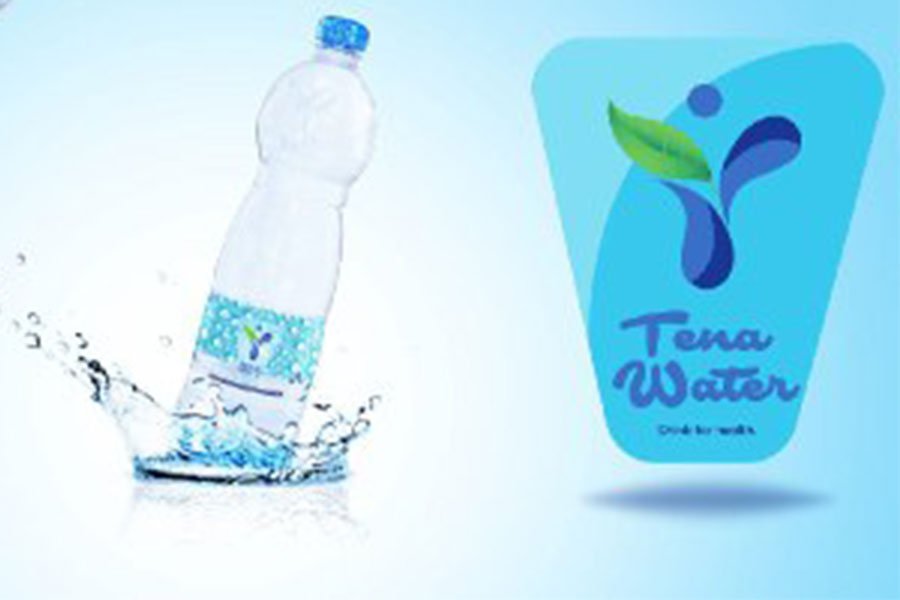
Fortune News | Sep 24,2018

Fortune News | Dec 24,2022

Dec 22 , 2024 . By TIZITA SHEWAFERAW
Charged with transforming colossal state-owned enterprises into modern and competitiv...

Aug 18 , 2024 . By AKSAH ITALO
Although predictable Yonas Zerihun's job in the ride-hailing service is not immune to...

Jul 28 , 2024 . By TIZITA SHEWAFERAW
Unhabitual, perhaps too many, Samuel Gebreyohannes, 38, used to occasionally enjoy a couple of beers at breakfast. However, he recently swit...

Jul 13 , 2024 . By AKSAH ITALO
Investors who rely on tractors, trucks, and field vehicles for commuting, transporting commodities, and f...

Sep 13 , 2025
At its launch in Nairobi two years ago, the Africa Climate Summit was billed as the f...

Sep 6 , 2025
The dawn of a new year is more than a simple turning of the calendar. It is a moment...

Aug 30 , 2025
For Germans, Otto von Bismarck is first remembered as the architect of a unified nati...

Aug 23 , 2025
Banks have a new obsession. After decades chasing deposits and, more recently, digita...